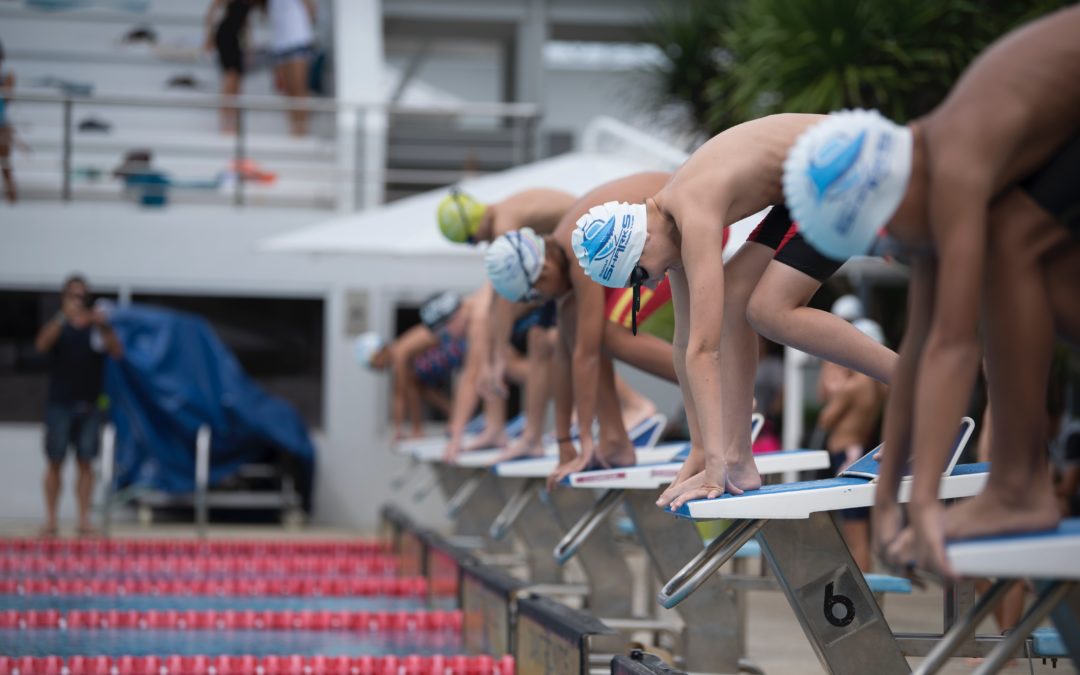Barbell Medicine recently put out an article series summarising the current evidence for youth strength and conditioning and resistance training:
Resistance Training for the Youth Population: Part I
Resistance Training for the Youth Population: Part II
Resistance Training for the Youth Population: Part III
The take-aways from these articles are:
- Resistance training for youths is recommended and does not stunt development, but rather enhances skeletal development.
- Improvements in bone density, neuromuscular adaptations, muscle, tendon, and fat storage have strong evidential support in youth resistance training.
- Early specialising in one sport does not lead to better long term athletic development and performance.
- Increased risk of injury results from early specialisation.
- Early specialisation increases the prevalence of psychological burn out.
- An emphasis should be placed on training and technique, over competition, during youth development.
- Early Childhood (Males aged 6-8, Females 6-9): focus should be a variety of “game-oriented” and fun activities.
- Late Childhood (Males aged 10-13, Female 9-11): focus should be learning to train using a variety of activities.
- Adolescence (Males 14-18, Females 12-18): focus should be training to train with more specialisation but still a variety of activities.
- Adulthood (Males and Females 18+): focus on training to compete and specialisation.
At Sydney Strength Training we recommend youth strength and conditioning programs for young athletes. The resistance training program should expose the youth athlete to a variety of skills and stressors. The goal is to reduce the negative impacts of early sports specialisation, and help set the athlete up for specialisation and performance as they develop. The nuance of youth resistance training is what exercises, intensities and volumes should youths do, and at what age.
Contact us to find out how our programs can help your young athlete develop into a mature champion!
